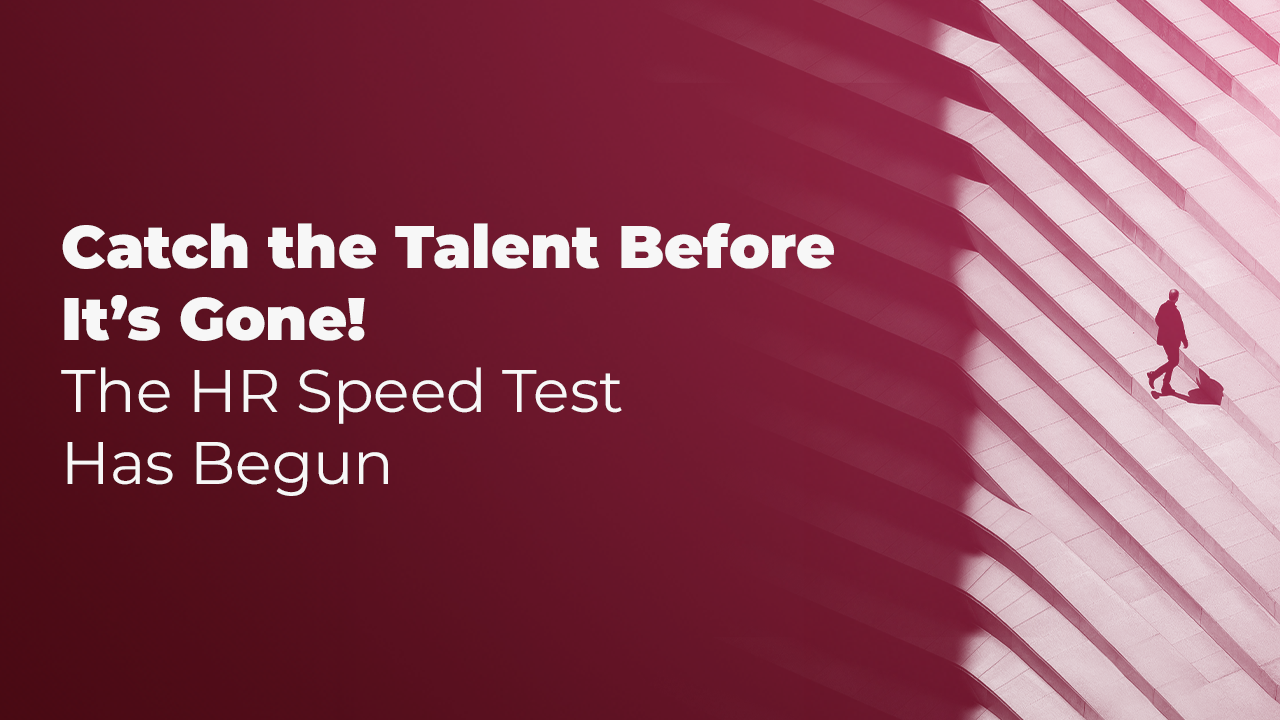Moving Beyond Cliché Questions: Searching for Real People
“Where do you see yourself in five years?” versus “How are you today?”
Why Do We Still Ask Cliché Questions?
In recruitment processes, some questions have become almost automatic:
- “Tell us a bit about yourself.”
- “What is your biggest weakness?”
- “Where do you see yourself in five years?”
Let’s face it: these questions often receive rehearsed answers. Candidates have prepared for them for years, sometimes memorizing lists of “top 10 interview answers” from the internet. The result? Answers that lack authenticity, fail to reflect the person’s true character, and sound alike across candidates.
However, what companies really seek is genuineness. Long-term success in business relies not only on skills and experience but also on personality, values, and cultural fit.
Seeing the Real Person
Today, it is clear: talent is not just a role that completes tasks; it is an asset that carries the identity and future of the company. Understanding who a candidate truly is has become critical.
Cliché questions confine candidates to a role. Modern recruitment requires a holistic view of the person:
- Not just “Which university did you graduate from?” but “What are you open to learning?”
- Not just “Which companies have you worked for?” but “How do you contribute as a team player?”
- Not just “How much experience do you have?” but “How can you create value in the future?”
Going beyond traditional interviews and seeing people as humans is no longer a luxury—it’s a necessity.
What Should New Questions Look Like?
Recruitment interviews are, at their core, an art of building relationships. The goal is to understand not only professional history but also motivations, behaviors, and values. Instead of cliché questions, consider more insightful alternatives:
- “What experience has developed you the most recently?”
- “What motivates you when working in a team?”
- “Which value do you prioritize most in your work today?”
- “How do you typically react when facing a problem?”
And sometimes, even a simple question like “How are you today?” can open the door to genuine connection.
The Data Speaks
Research shows that companies avoiding cliché questions achieve higher recruitment success:
- LinkedIn 2022: Companies using behavioral and values-focused questions see 36% higher candidate-job fit.
- Glassdoor: 58% of candidates report that a sincere, personal interview significantly shapes their first impression of a company.
- SHRM: Aligning candidate values with company culture increases long-term retention by 47%.
Understanding Potential
Focusing on cliché questions risks overlooking potential. True potential is hidden not in rehearsed answers but in curiosity, learning speed, and problem-solving approaches.
Organizations can use methods such as:
- Case studies: Observe how candidates approach problems.
- Role-playing: Examine communication style in team settings.
- Open-ended questions: Encourage spontaneous, authentic responses.
Most importantly, transform the interview from an “interrogation” into a conversation.
The Importance of Cultural Fit
A candidate may excel at their job, but without alignment with company culture, long-term benefits may be limited. Modern recruitment focuses not only on skills but also on cultural fit. For example:
- A company prioritizing innovation needs candidates willing to take risks.
- A customer-centric organization seeks employees with strong empathy skills.
Asking the wrong questions can hide this fit. Misalignment is costly, often leading to early turnover and dissatisfaction for both the employee and the organization.
HR Transformation: From Human Resources to Human Stories
HR is no longer just about filling positions—it is about shaping the future of the organization. This requires moving beyond cliché questions toward innovative, empathetic, and strategic interview practices.
Companies that stand out today are those that avoid clichés and focus on real human stories. Long-term success is achieved not only through impressive CVs but through meaningful connections with the right people.Cliché questions create a safe space—but genuine questions reveal true potential. Next time you conduct an interview, you might start with this simple question:
“How are you today?

